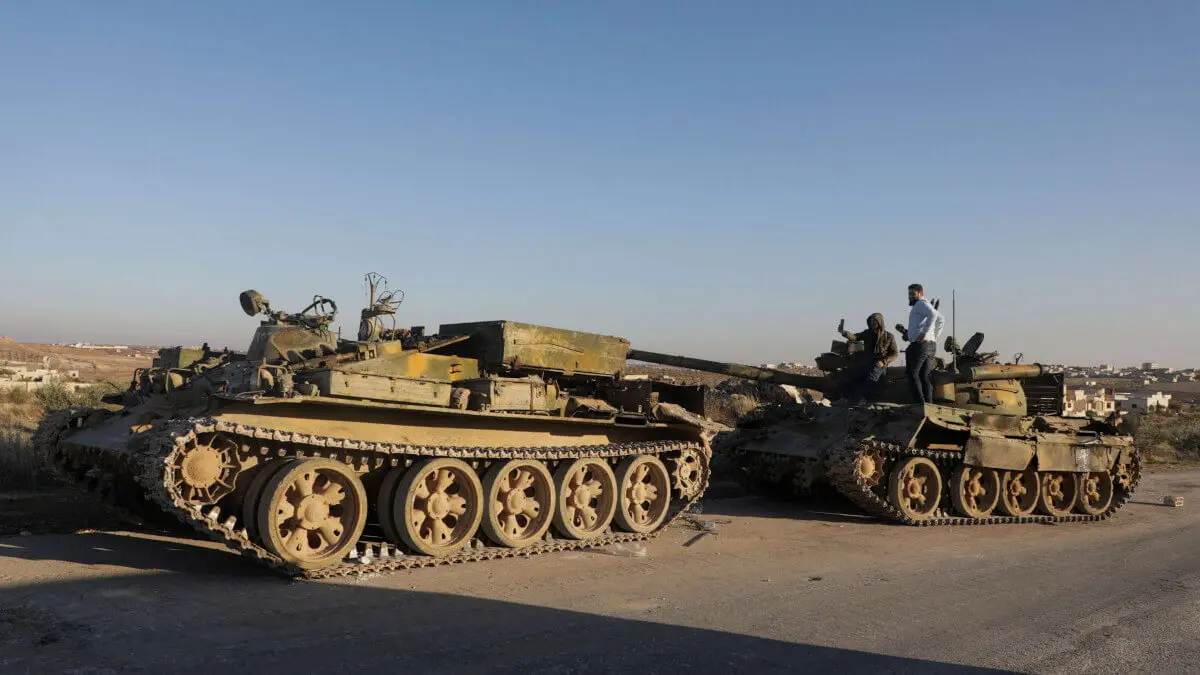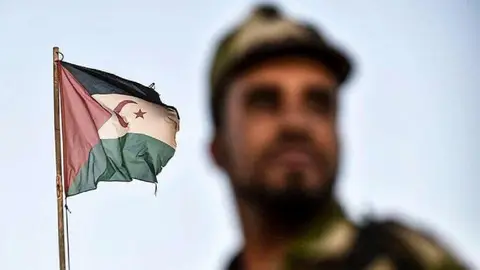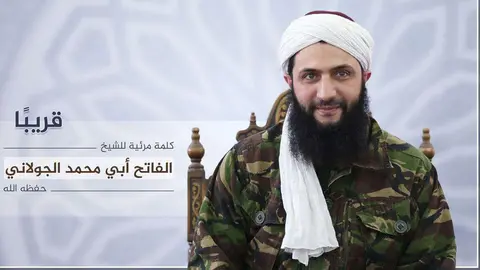Russia faces Syria failure and looks for justifications

Russia has suffered damage to its international image following the fall of the Syrian regime of Bashar al-Assad.
A few days after the fall of Syrian ally Bashar al-Assad, Russia is trying to limit the damage to its reputation as a credible global power, while its enemies highlight the extent of its failures.
When Russia intervened in the Syrian civil war in 2015, it helped tip the balance in Assad's favour and his fall from power, as analysts point out, has dealt a severe blow to both Russia, which is fighting a major ground war in Ukraine, and Iran, which is battling US-backed Israel across the Middle East.
In an attempt to portray an image of normality, Moscow claimed it was talking to Syria's new rulers.
‘You know, of course, that we are in contact with those who are currently in control of the situation in Syria,’ Kremlin spokesman Dmitry Peskov told reporters.
Asked to what extent the fall of Assad had weakened Russia's influence in the Middle East, Peskov said Moscow was maintaining contacts with all countries in the region and would continue to do so.
Moscow's priority, Peskov said, was the war in Ukraine.
‘The special military operation is an absolute priority for our country: we must ensure the interests of our security, the interests of our Russian people, and we will do it,’ he said.
Moscow has supported Syria since the early days of the Cold War, recognising its independence in 1944, even as Damascus sought to free itself from French colonial rule. The West saw Syria as a Soviet satellite.
The Kremlin said its goal now was to ensure the security of its military bases in Syria and its diplomatic missions.
Russia, the Kremlin said, had supported Assad during the civil war, but then the situation had deteriorated.
‘Russia helped the Syrian Arab Republic at one point to deal with terrorists and stabilise the situation after it threatened the entire region, and devoted a lot of efforts to this,’ Peskov added.
‘Russia fulfilled its mission and then Assad's leaders worked in their country, engaged in the development of their country. But, unfortunately, the development has led to the current situation. Now we have to start from the realities on the ground’.
Pointing to another aspect of Russia's failure in Syria, The Washington Post reported that Syrian fighters received about 150 drones, as well as other covert support, from Ukrainian intelligence agents last month, weeks before the rebel advance that toppled Bashar al-Assad over the weekend.
Citing unnamed sources familiar with Ukrainian military activities, the Post said Ukrainian intelligence sent about 20 drone operators and about 150 first-person view drones about four to five weeks ago to assist Hayat Tahrir al-Sham (HTS).
Russia's Foreign ministry had previously claimed, without providing evidence, that the rebels had received drones from Ukraine and training on how to operate them, an accusation the Ukrainian foreign ministry said at the time it ‘categorically’ rejected.
Ukraine joins the fight
Moscow now finds itself in a delicate situation to preserve its military presence in Syria. Ensuring the security of Russian military bases and diplomatic missions in Syria is of paramount importance, the Kremlin said on Wednesday.
Russia has a major air base in Latakia province and a naval facility in Tartous, its only repair and resupply centre in the Mediterranean.
Syria has in the past been a key staging point for Russian military contractors in and out of Africa.
While the Kremlin sought to downplay the significance of its strategic failure in Syria, Russian war bloggers warned that Assad's overthrow threatened not only two strategically important Russian military installations in Syria but also Moscow's own presence in the Middle East.
German Defence Minister Boris Pistorius made a similar observation on Wednesday, saying that developments in Syria show that countries that have a strategic partnership with Russia can rely on Moscow only as long as they are useful to President Vladimir Putin.
During a brief visit to Jordan, Pistorius made a stopover at Jordan's Al-Azraq air base before arriving in Baghdad, where he will discuss ways to help stabilise the region after the fall of Syrian President Bashar al-Assad.
Pistorius said Putin ‘can only be trusted as long as he serves his interests’ as Western countries fight with Russia and China for influence and raw materials in Africa.
The German Defence minister did not specify what the developments in Syria would mean for his country's involvement in the region, but said its military missions in the Middle East, which include some 600 troops, would be stepped up rather than scaled back.
‘This is an extremely important opportunity that we must make the most of,’ the minister said, cautioning against raising expectations too high.
‘Syria must not once again become a puppet of external powers like Russia, Iran or (the Lebanese armed group) Hezbollah. It will not be a short or easy road, but we must support Syria on its path towards a peaceful future for its people and greater stability in the region.’










